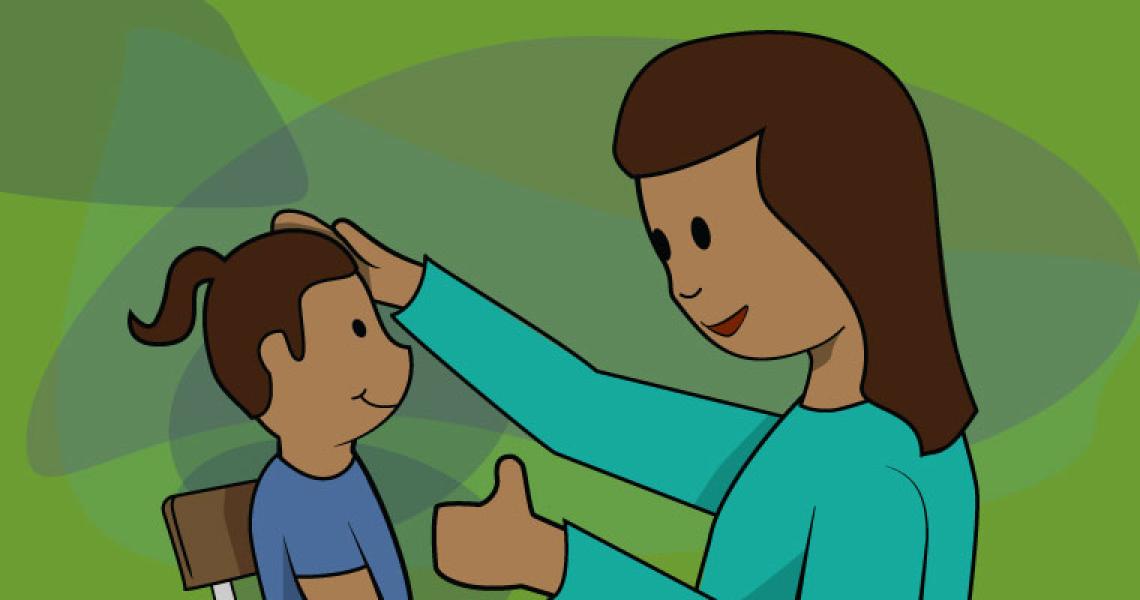On March 31, the ImmunizeBC website will move over to HealthLinkBC.ca After this date, you will be automatically redirected to HealthLink BC’s Immunization landing page. HealthLink BC provides trusted health information online and over the phone 24 hours a day, seven days a week by calling 8-1-1.
Date last reviewed:
Thursday, Jun 20, 2024

Learn how to prepare for your child’s immunizations, what to expect, and tips for a more positive experience.
Before the immunization visit
- Read about the vaccines your child is getting.
-
- Click on the vaccine name in the immunization schedule to find information on the vaccine and a link to the HealthLinkBC File (fact sheet).
- HealthLinkBC Files will also be given to you to read at your child's immunization appointment. The HealthLinkBC Files provide the information you need to give informed consent.
- If your child is getting immunized at a school clinic, you will receive a consent package from the school with the HealthLinkBC Files. Please read the information in the package and complete, sign, and return the consent form to your child's school.
- Find or review your child’s immunization record.
-
- Children born in BC receive a Child Health Passport booklet containing an immunization record. You should bring this booklet to each appointment and keep it in a safe place.
- If your child is getting immunized at a school clinic, please review their immunization history to ensure it is up to date. If you are new to BC, please provide a copy of your child’s immunization record to your local public health unit, community health centre, or primary care clinic.
- Read about ways to make immunizations easier.
-
- On the day of the immunization.
-
- Ensure your child eats breakfast and wears a short-sleeved shirt or something that allows easy access to their upper arm (for children 12 months and older). For babies, make sure there is easy access to the upper leg.
During the immunization visit
- Informed consent is required for immunization.
-
- You will be given the HealthLinkBC Files to read at your child's appointment. The HealthLinkBC Files provide the information you need to give informed consent. If you aren't given them, you can request them.
- If your child is getting immunized at a school clinic, the nurse will review your child's consent form and ask your child some questions to confirm their name, birth date, and medical history.
- Learn more about informed consent, including mature minor consent.
- Ask questions.
-
- Ask the nurse, doctor, or pharmacist any questions you have about the immunization(s).
- Encourage your child to ask any questions they have.
- Make immunizations easier.
-
- Schedule the next visit.
-
- The nurse, doctor, or pharmacist will tell you when to book the next appointment. Stay up to date with your child's immunizations for the best protection against disease.
- If your child is immunized at a school clinic, the nurse will let them know when they are due for their next immunizations or if they are up to date for their age.
- Stay at the clinic for 15 minutes.
-
- The nurse, doctor, or pharmacist will ask you/your child to stay at the clinic for 15 minutes after immunization. This is important because after getting any vaccine, there is an extremely rare possibility of a serious life-threatening allergic reaction called anaphylaxis. The chance of this reaction occurring is about 1 in 1 million, and should it occur, your health care provider is prepared to treat it.
After the immunization visit
- Your child may have some mild side effects.
-
- For information on what to expect after immunizations and how to care for your child, view the immunization aftercare sheets. You can find vaccine-specific side effects in the HealthLinkBC Files.
- Serious side effects are very rare. Report any serious and/or unexpected side effects after immunization to your immunization provider/clinic or health care provider.



